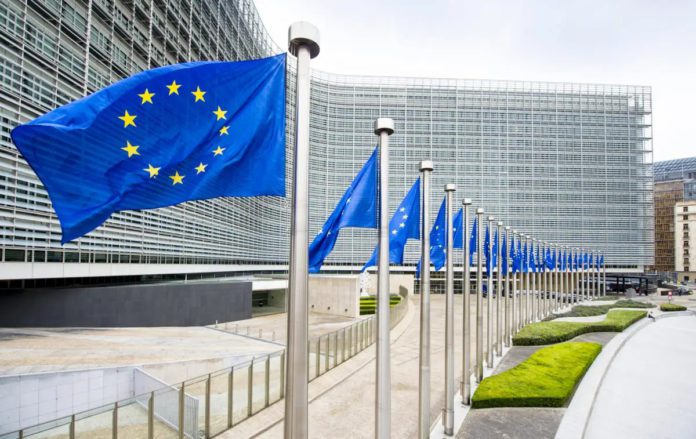Consumers would have the right to launch complaints and fines could be imposed for violations.
In a groundbreaking development, the European Union (EU) has reached an unprecedented agreement on the world’s first comprehensive laws to regulate artificial intelligence (AI) after an intense 37-hour negotiation between the European Parliament and member states.
The proposals include safeguards on the use of AI within the EU and limitations on its adoption by law enforcement agencies.
Consumers would have the right to launch complaints and fines could be imposed for violations.
The European Parliament defines AI as software that can “for a given set of human-defined objectives, generate outputs such as content, predictions, recommendations or decisions influencing the environments they interact with”.
ChatGPT and DALL-E are examples of what is called “generative” AI. These programs learn from vast quantities of data, such as online text and images, to generate new content that feels like a human has made it.
So-called “chatbots” – like ChatGPT – can have text conversations. Other AI programs like DALL-E can create images from simple text instructions.
Described as a “historic” deal by Thierry Breton, the European Commissioner overseeing the suite of laws, which also cover social media and search engines, the agreement places the EU at the forefront of AI regulation globally.
Carme Artigas, Spain’s secretary of state for AI, highlighted the support from France and Germany, despite reported tensions with tech companies in those countries seeking a lighter approach to foster innovation.
The EU’s regulatory framework positions it ahead of the US, China, and the UK, addressing potential risks associated with rapidly advancing AI technology.
While specific details of the laws remain undisclosed, the agreement emphasizes a risk-based tiered system, focusing on machines posing the highest risks to health, safety, and human rights.
The legislation includes restrictions on AI-driven surveillance, securing a ban on real-time surveillance and biometric technologies with specific exceptions for unexpected terrorist threats, victim searches, and serious crime prosecution.
The EU’s commitment to a human-centric approach, fundamental rights, and transparency sets a powerful example for global regulation, potentially influencing governments worldwide in shaping their AI policies.




